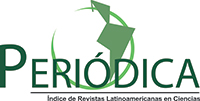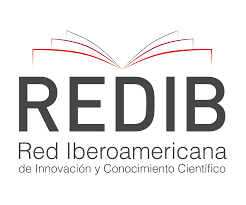THE APPROACH TO SEXUALLY TRANSMITTED DISEASES IN BASIC FAMILY HEALTH UNITS
DOI:
https://doi.org/10.5380/ce.v16i1.21113Keywords:
Sexually-transmitted diseases, Family health, Health assistance.Abstract
This study aimed to study how health professionals approach sexually-transmitted diseases. It is descriptive research, qualitative in character. Data was collected in 2008 via interviews with doctors and nurses in Basic Family Health Clinics in Campina Grande county in the state of Paraíba, and analyzed with content analysis. The approach to sexually-transmitted diseases varies from clinic to clinic; it is based around the biomedical model or health vigilance; and attention is focussed primarily on women. The article notes the need for change in the reasoning behind the approach to sexually-transmitted diseases, to include the male population.
Downloads
Published
How to Cite
Issue
Section
License
Cogitare Enfermagem reserves the right to make normative, orthographic, and grammatical changes to the published article to maintain the cultured standard of the language, while respecting the authors' style.
The published study is the sole responsibility of the author(s), and Cogitare Enfermagem is exclusively responsible for evaluating the manuscript as a scientific publication vehicle. Revista Cogitare Enfermagem is not responsible for any violations of Law No. 9,610/1998, the Brazilian Copyright Law.
Cogitare Enfermagem allows the author to hold the copyright of articles accepted for publication, without restrictions.
The articles published are licensed under the Creative Commons license CC BY 4.0 Creative Commons - Attribution 4.0 International - CC BY 4.0 - The attribution adopted by Cogitare Enfermagem is permitted:
- Share - copy and redistribute the material in any media or format.
- Adapt - remix, transform and build upon the material for any purpose, even commercially.
- Attribution - You must give proper credit, provide a link to the license, and indicate if changes have been made. You may do this in any reasonable way, but not in a way that suggests that the licensor endorses it or approves of its use.
- No additional restrictions - You may not apply legal terms or technological measures that legally restrict others from doing something that the license allows.






















